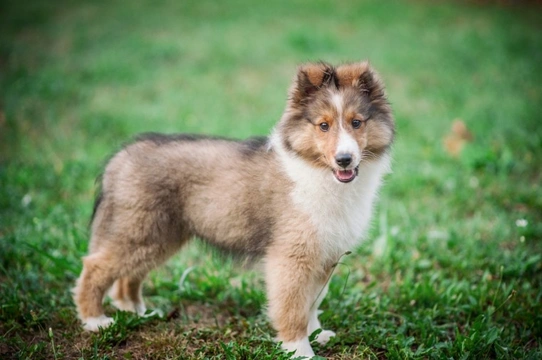
3 Alternative Dog Breeds for Border Collie Buyers
Choosing the right dog breed is essential for a rewarding ownership experience. If you’re considering a Border collie but wonder if there are other breeds better suited to your lifestyle, it’s important to research thoroughly. Understanding breed traits, health, and care requirements helps you make an informed decision, avoiding challenges that arise from mismatched expectations.
Border collies are renowned for their intelligence and exceptional energy levels, meaning they need extensive exercise and mental stimulation. Without this commitment, owning one can become overwhelming. Fortunately, there are excellent alternative breeds that share some of the Border collie’s prized qualities but may better fit a range of homes and owners.
Below are three thoughtfully chosen dog breeds for prospective Border collie buyers to consider. Each has unique traits and care needs, offering smart, trainable, and loving companions to suit different preferences and living environments.
1. The Shetland Sheepdog (Sheltie)
The Shetland sheepdog, affectionately called the Sheltie, is a smaller herding breed that shares the intelligence and agility of Border collies. Their high energy and herding instincts make them fantastic for active families or individuals who enjoy involving their dog in varied activities and training.
Shelties have a beautiful double coat that requires regular brushing to maintain its health and minimise shedding. They are affectionate and trainable, excelling in obedience and dog sports. While their exercise needs are substantial, they are generally manageable for those who can offer daily walks and mental challenges.
2. The Lurcher
The lurcher is not a pure breed but rather a crossbred dog, usually between a greyhound and another breed such as a Border collie. This creates a dog with a balanced temperament, combining the sharp intellect and moderate energy of both parents.
Lurchers tend to have a short, easy-care coat that requires minimal grooming, appealing to those seeking an attractive but low-maintenance dog. Their energy levels are moderate, needing daily exercise but without the extreme demands of a traditional Border collie, making them versatile companions for many home types.
3. The Scotch Collie (Rough Collie)
The Scotch collie, often known as the rough collie, has a strong working heritage similar to the Border collie. They are intelligent, loyal, and affectionate, well-suited to owners who can provide plenty of exercise and mental stimulation.
Scotch collies sport a beautiful double coat with a soft undercoat and a coarser outer layer, which requires regular grooming to prevent matting. They are a great choice for rural or physically active households and owners experienced with larger, active dogs.
Summary of Alternatives
| Breed | Key Traits | Ideal For | Exercise Needs | Coat & Grooming |
|---|---|---|---|---|
| Shetland Sheepdog | Intelligent, affectionate, strong herding instinct | Families, active households, smaller homes | High – daily exercise and mental challenges needed | Double coat, regular brushing required |
| Lurcher | Balanced energy, trainable, loving | Versatile homes, active owners seeking moderate exercise | Moderate – daily walks and playtime suffice | Short coat, low maintenance |
| Scotch Collie | Hardworking, loyal, affectionate | Rural or active homes, experienced owners | High – requires regular exercise and mental engagement | Double coat, requires consistent grooming |
Choosing any of these breeds is a step towards responsible pet ownership by aligning your lifestyle, home environment, and capabilities with the needs of your future dog. Remember to seek puppies or dogs from reputable breeders or adoption centres to promote ethical breeding and welfare.
Careful consideration and preparation will ensure a mutually fulfilling relationship with your new canine companion, whichever breed you choose.



